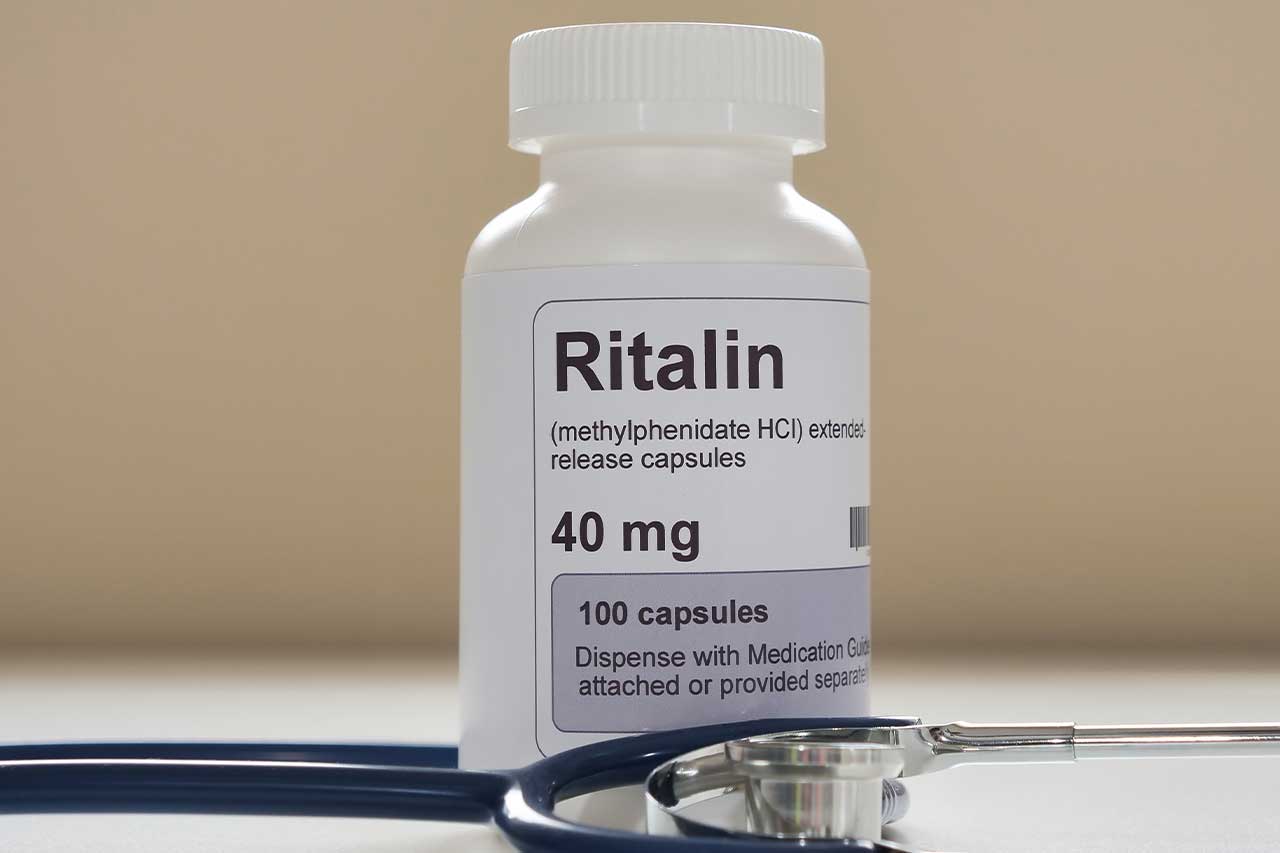Taking stimulant drugs like Adderall and Ritalin without having ADHD can reduce productivity, according to a new study.
Researchers from the University of Cambridge and the University of Melbourne conducted the study, published Wednesday in the journal Science Advances.
They tested the effects of three “smart drugs” on 40 “healthy” participants aged 18 to 35 years old.
“Our results suggest that these drugs don’t actually make you ‘smarter,'” said Peter Bossaerts, one of the study authors and a professor of neuroeconomics at the University of Cambridge, in a statement.
“Because of the dopamine the drugs induce, we expected to see increased motivation, and they do motivate one to try harder. However, we discovered that this exertion caused more erratic thinking.”
The study’s authors noted that people not diagnosed with ADHD sometimes take medication prescribed for the condition, thinking it will help them concentrate.

The drugs are intended to enhance cognitive function and productivity, but researchers found they had the opposite effect on some participants.
Four randomized trials were conducted a week apart. In each trial, participants took one of three popular “smart” drugs — methylphenidate (Ritalin), modafinil (Provigil), and dextroamphetamine (Adderall) — or a placebo.
The subjects were evaluated on how they performed a test called the Knapsack Optimization Problem — or “knapsack task” — which requires participants to figure out how to best allocate items in a virtual knapsack to maximize its capacity.
Researchers found that participants who took the drugs saw small decreases in accuracy and efficiency while completing the test, along with large increases in the time and effort put into the tasks.
For example, those who consumed Ritalin took around 50% longer on average to complete the problem compared to when they were given a placebo.
Lead study author Dr. Elizabeth Bowman said the results show more research is needed to determine the effectiveness of these stimulants in neurotypical people.
“Our research shows drugs that are expected to improve cognitive performance in patients may actually be leading to healthy users working harder while producing a lower quality of work in a longer amount of time,” said Bowman, a researcher at the University of Melbourne.
